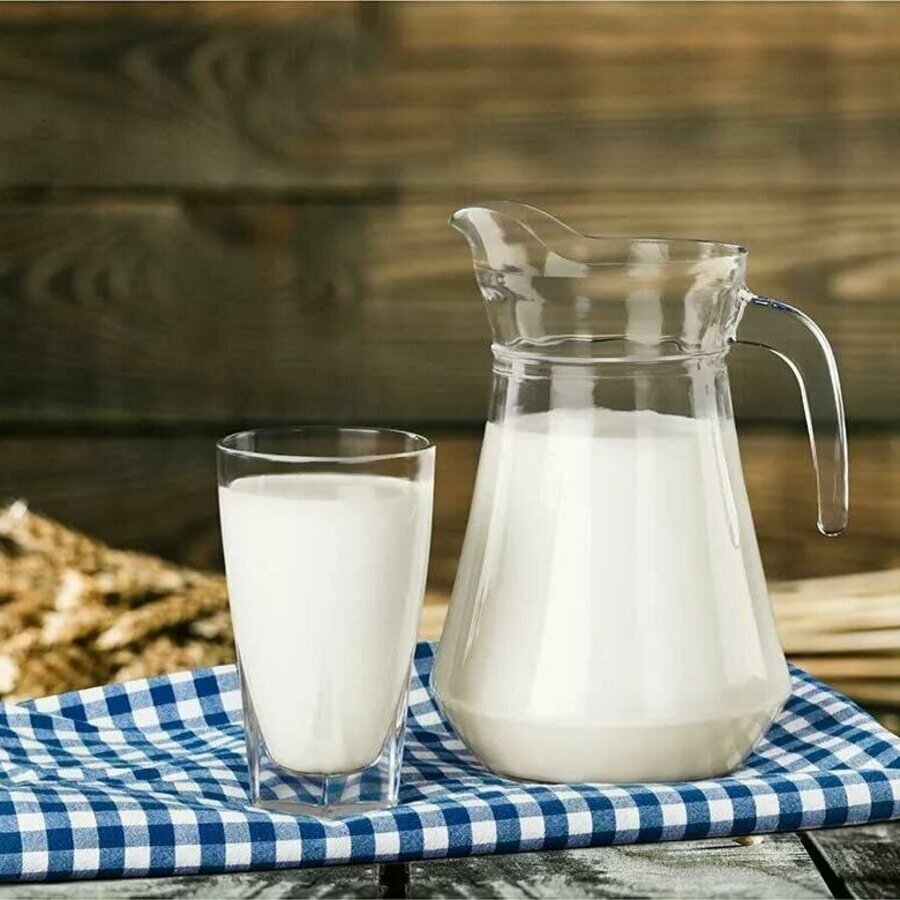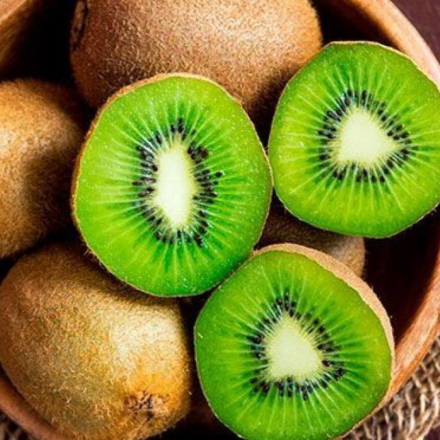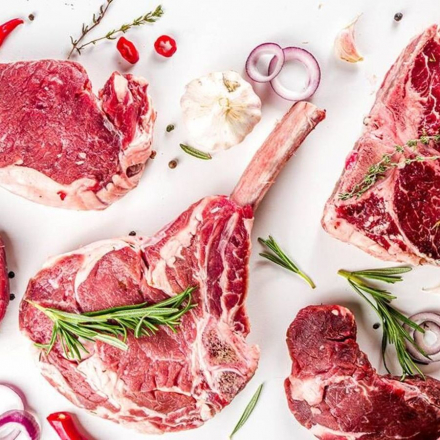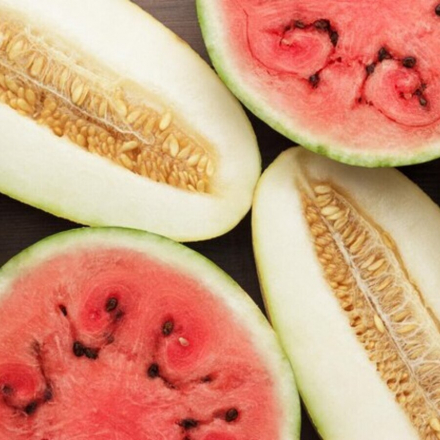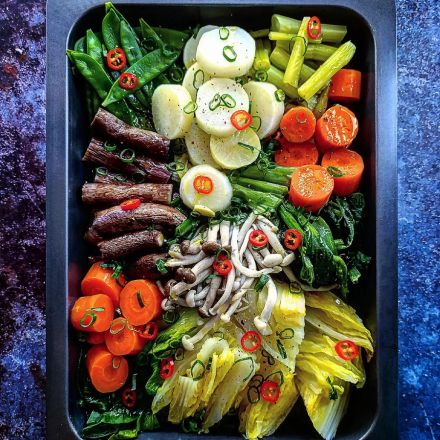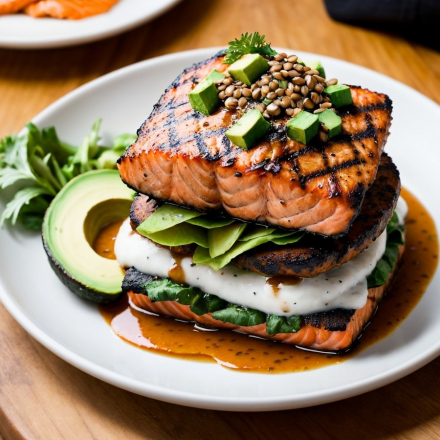What Happens to Your Body If You Completely Stop Drinking Milk
Milk has long been considered a symbol of health: nutritious, accessible, and familiar. In the United States, for example, it is regularly served to schoolchildren at lunch, and among adults, it ranks as the fourth most popular drink after water, coffee, and soda. Rich in calcium and protein, milk has for a long time been associated with a healthy diet.
Milk has long been considered a symbol of health: nutritious, accessible, and familiar. In the United States, for example, it is regularly served to schoolchildren at lunch, and among adults, it ranks as the fourth most popular drink after water, coffee, and soda. Rich in calcium and protein, milk has for a long time been associated with a healthy diet.
However, today, increasingly opposing opinions are emerging: milk can cause digestive issues, and cutting it out often helps improve skin, reduce acne, alleviate allergies, combat chronic fatigue, and clear “brain fog.”
Casein and Digestion
The main protein in milk, casein, makes up about 80% of its composition. Despite its nutritional value, casein can trigger inflammatory processes in the gut and is one of the reasons for milk intolerance. A1 casein, found in milk from Northern European cows like Holsteins, is considered particularly problematic. It is hard to digest and can cause fermentation and gut irritation. A2 casein, present in milk from cows in Normandy and southern France, is easier to digest. Most store-bought milk contains both types, making it a potential irritant for many people. Studies show that A1 casein can increase gut inflammation and even affect cognitive functions.
Lactose Intolerance
Lactose is a natural sugar in milk that requires the enzyme lactase for digestion. Production of lactase often decreases with age, causing many adults to struggle with digesting milk. According to the U.S. National Institutes of Health, around 65% of the world’s population is lactose intolerant. Symptoms include stomach pain, bloating, gas, and diarrhea after consuming dairy products.
Mineral Imbalance
Milk is a well-known source of calcium, but the ratio of calcium to magnesium is far from ideal. The optimal balance is 2:1, while in milk it reaches 10–12:1. Excess calcium without enough magnesium can lead to muscle cramps, back pain, and stiffness.
Antibiotics and Hormones
Modern animal farming often uses antibiotics and hormones to stimulate growth and prevent disease. Some of these substances end up in milk. Research shows that antibiotic residues can promote drug resistance, disrupt gut microbiota, and even have carcinogenic potential.
Giving Up Milk: What Changes
Many people who reduce their consumption of cow’s milk notice improvements in overall well-being: fewer digestive issues, reduced allergies, disappearance of chronic fatigue, and less “brain fog.” Plant-based alternatives—like oat, almond, or soy drinks—become the replacement. Dairy products are no longer a daily necessity and turn into a small treat, like chocolate or chips.
Giving up milk is not a trendy fad but a way to listen more closely to your body. Sometimes, a small dietary change can have a big impact on health and well-being.
